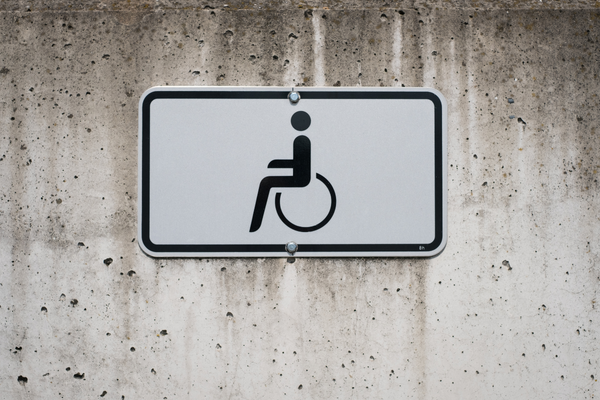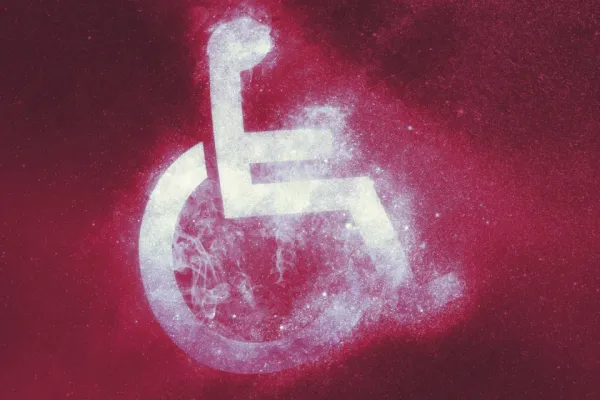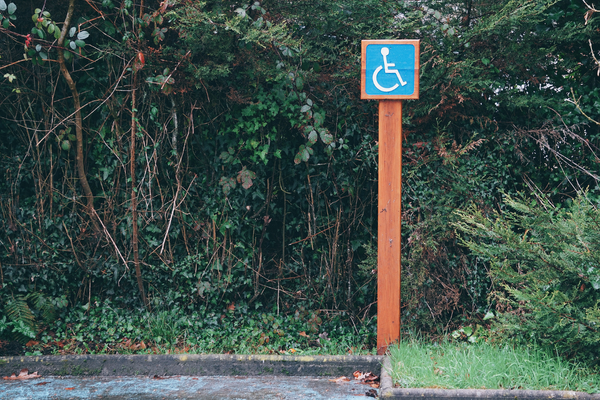2/17/25 - Trump Stuff: 504 and Accessibility, plus questionable ideas
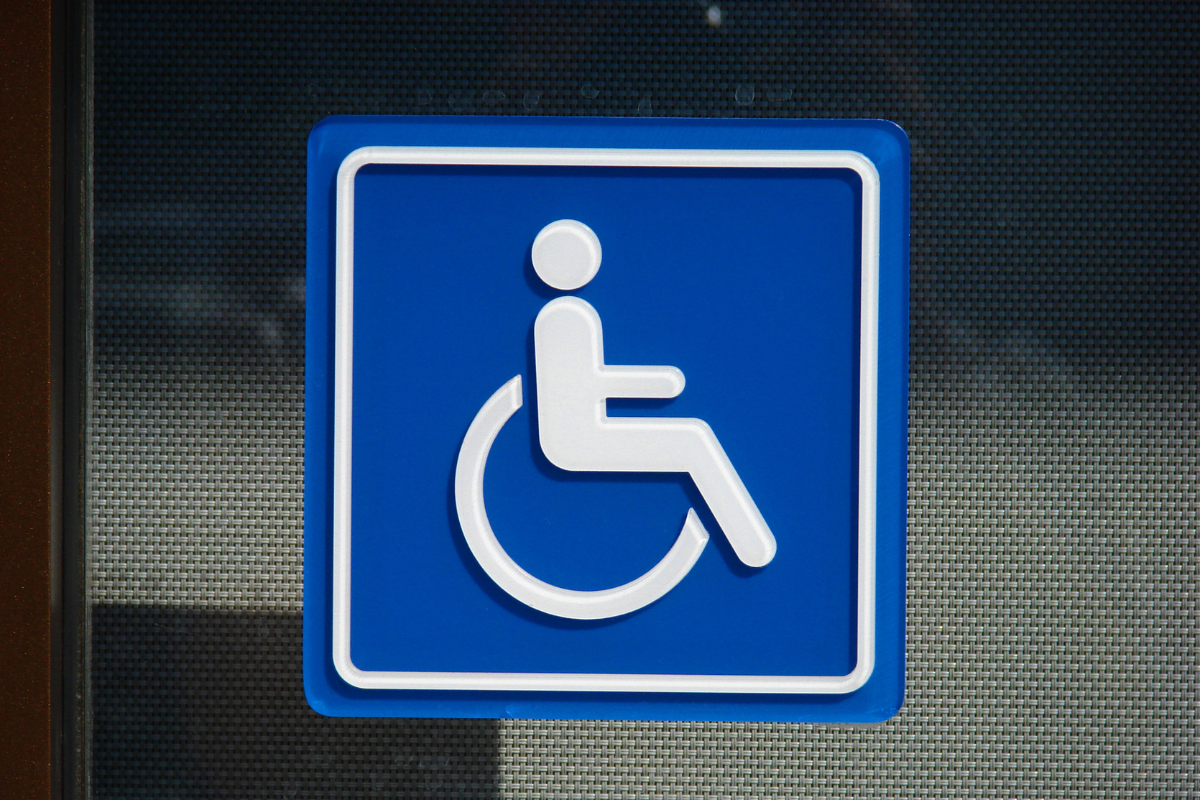

Texas v. Becerra: What it is and How You Can Help Stop the Attack on Section 504
Disability Rights Education and Defense Fund - February 12, 2025
"17 states sued the United States government. They asked the court to get rid of Section 504. The states disagree with a few things in the updated Section 504 rules. But the lawsuit asks the court to get rid of all the updated rules – and to get rid of Section 504 itself, not just the rules they disagree with. The lawsuit says that Section 504 goes against the United States Constitution. The lawsuit says that no one should have to follow any part of Section 504. If the 17 states win, this would be a disaster for people with disabilities."
Section 504 of the Rehabilitation Act of 1973 was the first major, nation-wide disability rights legislation in U.S. history. But even after it passed, disabled activists had to fight for years to get it implemented. It remains an important safeguard of basic civil rights for Americans with disabilities in our dealings with the federal government and federally-funded programs. As is becoming business as usual in the U.S., the latest threat to Section 504 isn't a bill in Congress, laying out a plan for reform or repeal to be voted on. It's a lawsuit brought by a group of ideologically-aligned states. On the surface, it's because of the inclusion of trans youth in Section 504's scope. It's an anti-trans move, and worth opposing on that basis alone. But whether or not that's the only real issue, opponents of disability rights laws of any kind also want the high court to invalidate Section 504 entirely. The goal of advocacy on this right now is to convince attorneys general in the 17 suing states to drop their states' participation in the suit. (See the action alert below). Incidentally, DREDF's action alert here seems to be written in "plain language," which makes it accessible to people with a much broader range of cognitive and communication disabilities. Of course, plain language also makes things easier for everyone to process.
The Overlooked Target: Accessibility in the Crosshairs of the Trump Administration's Backlash Against DEI Programs
Kara Ayers, Mind Ramps - February 6, 2025
"While public attention has focused heavily on the executive order's targeting of diversity, equity, and inclusion initiatives, a critical fourth letter has gone largely unnoticed, despite being explicitly mentioned throughout the document. The executive order doesn't just target DEI—it targets DEIA. The A stands for accessibility, and its inclusion marks a significant expansion of the order's scope."
I have noticed a debate emerging in disability social media in the U.S. It's hard to nail down at this point. But roughly, it's a discussion, maybe on the way to becoming a conflict, over how to position "disability rights" in relation to "DEI," (Diversity, Equity, and Inclusion), and issues involving other marginalized groups in American life. The idea is being floated that disabled people might be able to protect ourselves if we distance ourselves from the DEI stuff that Trump and his supporters hate the most. This piece doesn't go that far, not even close. It's not calling for disability activists to throw the rest of DEI goals and proponents "under the bus" in order to save accessibility. Now more than ever, it's important to reinforce even the most basic, entry-level arguments for why accessibility is important. But, I do worry that whenever we have talked in the past about including disability issues in broader progressive agendas, a degree of resentment threatens to creep in, along with an effort to cast disability issues as somehow "less controversial" than other social justice issues. There might be some truth in that, at least in theory. But at this point, the fact that accessibility efforts are under attack in the U.S., along with our most basic disability rights laws, should probably dispel any illusions that the disability community can escape with lighter treatment by going it alone or trying too hard to be the "Pick me!" of marginalized groups.
How Boulder’s new ‘blue envelope’ program aims to help people with disabilities feel safer
Erin O'Toole, Brad Turner, Ariel Lavery, In The NoCo - February 6, 2025
"For many people, being stopped by police can produce a wave of anxiety. But that sense of stress and uncertainty is even worse for people with conditions like autism spectrum disorder, hearing loss, Tourette’s syndrome, or dementia ... Boulder’s Police Department recently rolled out a new initiative called the Blue Envelope Program to help people with disabilities communicate when they encounter an officer."
I am fascinated by disability solutions that seem like a great idea to some, but are actually really bad. Certain kinds of popular "Disability Awareness Day" slogans and activities are like this. Other examples constantly float around the intersecting needs for accessible housing and personal care – where some well-intended people just can't seem to help gravitating towards newfangled models of centralized institutions that promote a kind of security, but undermine independence. And then there's the sub-genre of "ID cards" to "officially" alert police that a person is disabled, presumably so they won't get shot or throttled to death based on ignorance or miscommunication. At first glance it seems like an elegant, common sense solution. But you don't have to dig too far to see why relying on a special ID card or instruction sheet for protection from police might be a bad idea. It's bad because it feels creepy and oppressive to have your disability written about on an official document you might be required by law to show in many different situations. It's worse because the idea is based on its own misconception – or maybe over-simplification is more accurate – that police violence happens because of lack of police training. That's a factor, for sure. But police "accidentally" hurt and kill disabled people for much broader and more complex reasons, like racism, classism, entrenched ableism, and dozens of other prejudices. And above it all sits a combination of police being over-powered physically on the one hand, and amped-up with anxiety and / or anger on the other. An ID card or "blue envelope" isn't going to do much to solve that much deeper problem. In fact, the most persuasive argument I have heard against such measures is to imagine a tense stand-off between a disabled person and a police officer, and the disabled person – maybe one who can't speak or fully control their movements and expressions – reaches into their pocket for their "ID card." No idea on disability policy should be exempt from hard questions – no matter who proposes them.

Action Alerts
A running list of opportunities to take action on disability issues ...
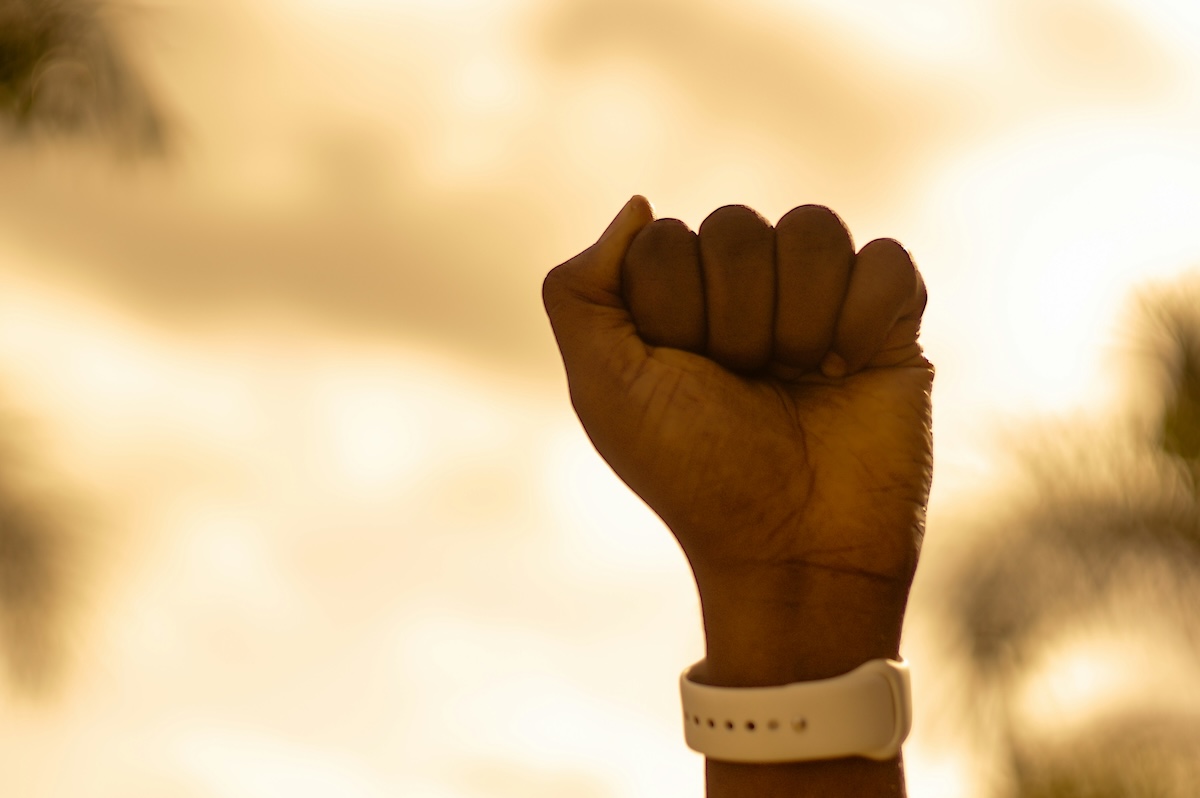
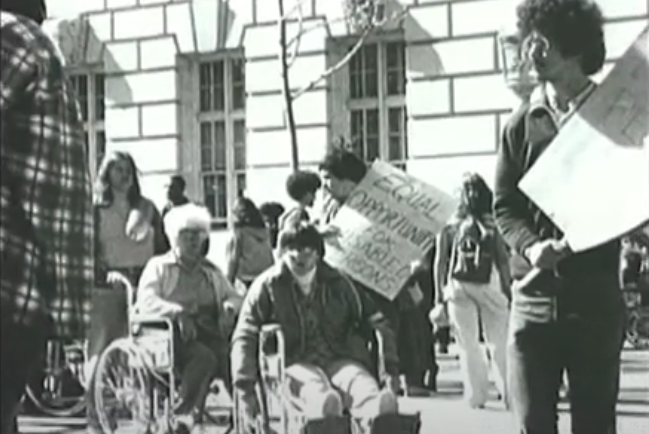
Disability Thinking Weekday is a Monday-Friday newsletter with links and commentary on disability-related articles and other content. Please like, share, comment, and subscribe — for free, or with a paid subscription. A free subscription brings a newsletter to your email each weekday, and gives you access to Comments. Benefits of paid subscription include:
- A monthly recap with links to all of the previous month's shared articles, organized by topic.
- Listing as a supporter, and a link to your website if you have one.
- You can recommend one disability-related article for me to share per month in a weekday post.
I am so grateful for your help and engagement, in whichever forms you choose!


